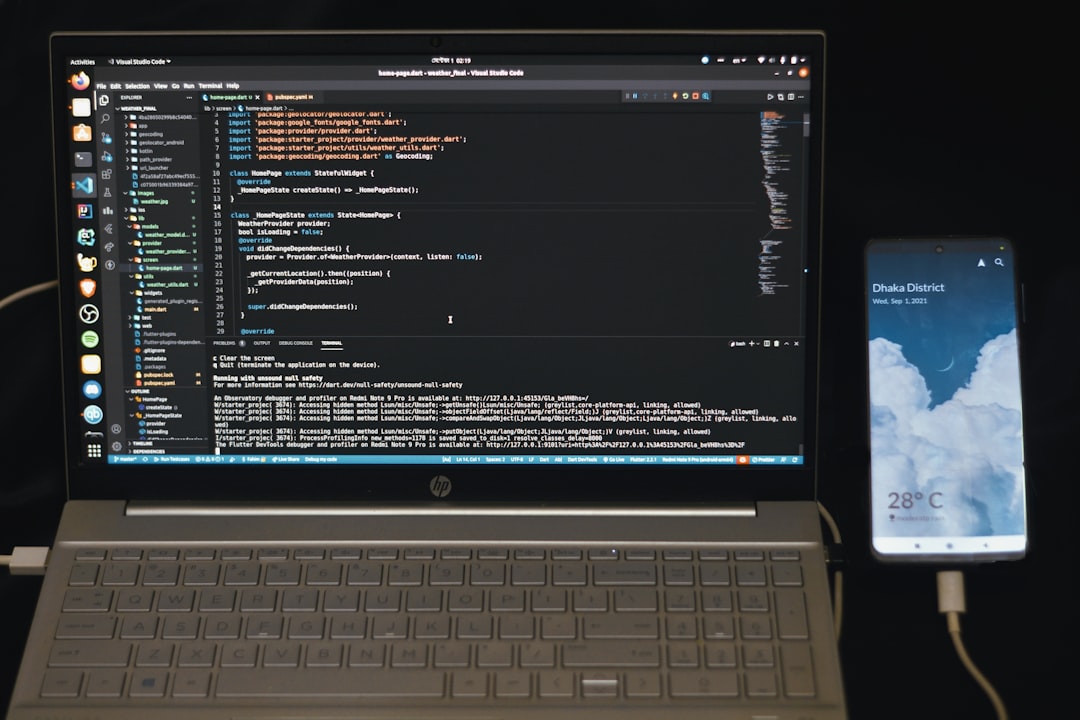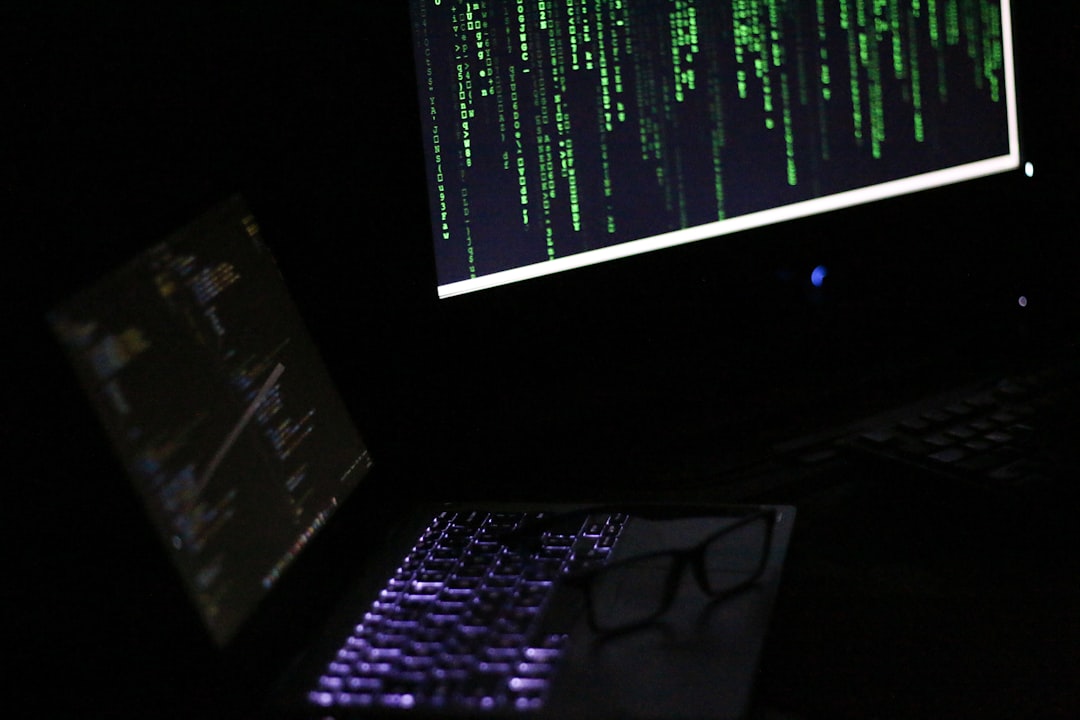The digital landscape has opened countless avenues for anonymous interactions, and websites like Anonib have become part of an evolving internet culture focused on secrecy and openness at the same time. But with this anonymity comes a wide range of concerns, particularly around privacy, safety, and the nature of the content being shared. If you’re wondering whether Anonib is a safe platform, it’s important to examine both how it operates and the privacy risks that may be involved.
What is Anonib?
Anonib is an anonymous imageboard website that allows users to post and share content without revealing their identities. Modeled after platforms like 4chan, it typically consists of user-contributed boards focused on specific topics or interests. The appeal lies largely in the ability to freely express oneself without fear of social or legal consequences—at least in theory.

While the idea of anonymous discourse may sound liberating, Anonib has been the subject of scrutiny due to its content and how it handles user privacy. Some boards have become notorious for explicit or non-consensual material, which raises ethical and legal concerns alike.
The Illusion of Anonymity
Many users believe that because they don’t register an account or provide personal information, their identity is completely hidden. However, this is far from the truth. Here is why:
- IP Logging: Even anonymous forums may log IP addresses, which can be traced back to users with the right legal authority or cyber abilities.
- Metadata Exposure: Images and files shared online can contain metadata that reveals details about the user’s device or location.
- Third-party Tracking: Many free websites are funded by ad networks that track users’ browsing behavior extensively.
In short, anonymity on the surface doesn’t mean invisibility in the backend. If you’ve ever visited Anonib or participated in a thread, your digital footprints may still be traceable.
Content Moderation and Legal Risks
One of the major downsides of Anonib is the lack of effective moderating systems. Unfiltered and unverified content can range from trivial memes to dangerous or illicit material. In some notorious cases, users have posted unauthorized personal images, engaging in actions that can constitute serious violations of privacy and even national laws.
Being a participant—whether posting or just browsing—can expose you to the legal ramifications of being associated with content that is either harmful or illegal. Platforms like this can quickly become breeding grounds for:
- Doxxing: The act of publishing private or identifying information about someone without their consent.
- Cyberbullying: Anonymity often emboldens harmful behavior, including harassment and threats.
- Distribution of Non-consensual Material: This is not just unethical—it’s illegal in many jurisdictions and subject to criminal prosecution.

How Safe is Anonib, Really?
Saying Anonib is “safe” is like saying a dark alley is “safe” because you haven’t personally experienced danger there. The lack of accountability, unregulated content, and possible legal implications make it a risky place to interact online. For anyone concerned about digital safety, Anonib is far from a secure platform.
Many cybersecurity experts recommend steering clear of platforms that offer zero moderation, have anonymous posting, and do not provide clear privacy practices. While they may seem harmless, such spaces can become vulnerabilities for both your personal safety and legal standing.
Protecting Yourself Online
If you choose to explore anonymous platforms, it’s critical to follow these precautions:
- Use a VPN: Mask your IP address to avoid being tracked.
- Scrub Metadata: Remove metadata from files and images before uploading.
- Understand the Risks: Be fully aware of what could happen by engaging with certain types of content.
- Never Share Personal Info: Even casually dropped details can be pieced together to identify you.
Always remember: what you do online doesn’t disappear entirely just because you didn’t use your real name. The traces left behind can be surprisingly long-lasting and revealing.
Final Thoughts
Anonib may position itself as a free and anonymous platform for self-expression, but the reality involves a minefield of ethical, legal, and technical concerns. If privacy and safety matter to you, it’s better to look toward more regulated, transparent platforms or invest in private communication tools that prioritize end-to-end encryption and responsible user behavior. Anonymity can be empowering—but only when combined with awareness and caution.
I’m Sophia, a front-end developer with a passion for JavaScript frameworks. I enjoy sharing tips and tricks for modern web development.
